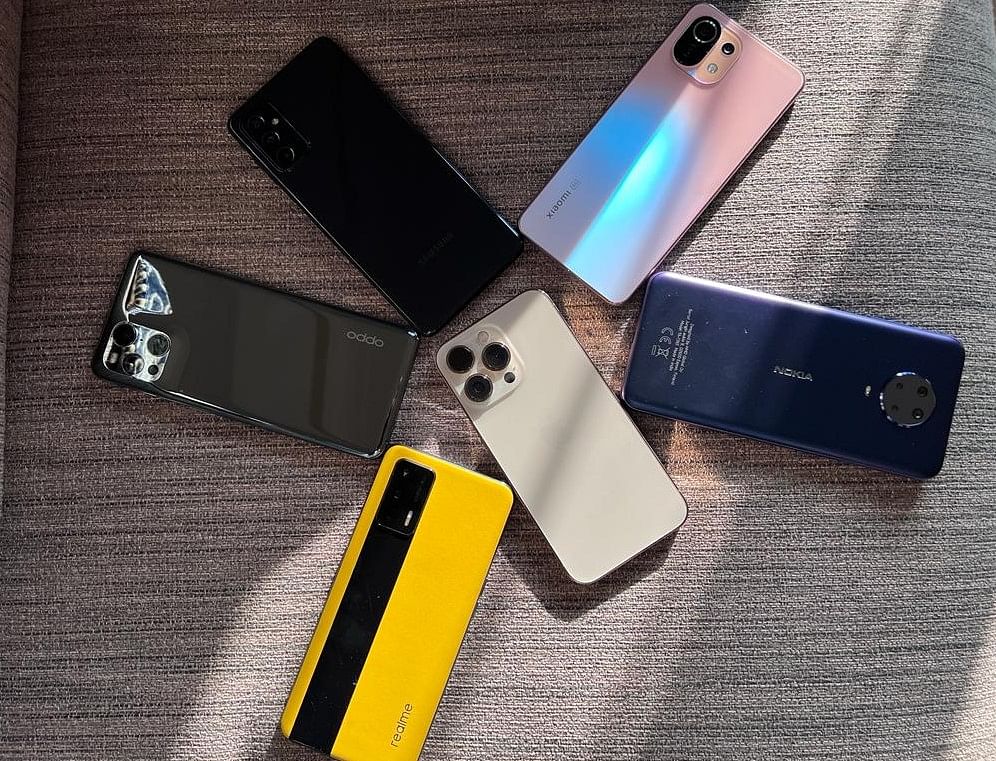
For the past few years, there have been speculations of companies such as Apple and others may bring satellite connectivity feature to phones. Even the 2021-series iPhone 13 was rumoured to get it but never materialised.
But, the latest Apple hardware event invite that reads 'Far out' has once again sparked off the rumour mill to suggest, that we might finally see iPhone 14 Pro boast satellite connectivity.
Also, Qualcomm at the ongoing IFA (Internationale Funkausstellung Berlin) 2022 confirmed that the company is working to bring the Snapdragon modem series, especially for satellite connectivity for phones.
Even Google's Android head confirmed Android 14 will support this feature in 2023. "Wild to think about user experiences for phones that can connect to satellites. When we launched G1 in '08 it was a stretch to get 3G + Wifi working. Now we're designing for satellites. Cool! Excited to support our partners in enabling all of this in the next version of Android!", said Hiroshi Lockheimer, senior vice president, Google (for Android, Chrome, Chrome OS, Play, Photo).
So, what is satellite-phone connectivity and how it will be beneficial for consumers?
There are already bulky satellite phones with radio transceivers in the market and are usually used for defence testing operations, military, aviation, ship operators on oceans and seas to get emergency help response. But, they are bulky and mentioned above, are restricted to people in a certain line of jobs only.
Soon, upcoming premium phones in near future will be able to communicate with LEO(Lower Earth Orbit) satellites. This will particularly come in handy during emergency situations while going out for a hike in hilly regions with low cellular coverage.
Remember the popular James Franco's 127 hours movie that picturised on Aron Ralston's memoir 'Between a Rock and a Hard Place'. The latter lost his way while hiking at Utah's Canyonlands National Park in 2003 and fell inside in an isolated slot near Bluejohn Canyo, and got trapped with his hand stuck within a small crevice between boulders.
Ralston could not get any help for more than five days and had to amputate his hand with a multi-tool knife and free himself. And, finally, after walking a few miles in excruciating pain, he found family vacationing nearby and the latter arranged medical help.
In near future, people with satellite connectivity on their phones will be able to get an emergency response team quicker than ever before. Yes, this feature will be of limited usage and be available only in dead zones (zero cellular connectivity range).
Also, initially, phones with satellite connectivity features will be able to use message/SMS-based rescue requests. And, later in the coming years, be available for sending multimedia content (to share short video clips to seek help) and possibly direct calling capability as well.
However, it should be noted that the availability of satellite connectivity on phones will depend on 'business arrangements' between Apple and other mobile-makers with telecom carriers such as T-Mobile and others.
Also, in certain countries companies have to seek regulatory approval from local government agencies for specific bands of radio signals.
Recently, US-based carrier T-Mobile announced a partnership with SpaceX to offer the 'Coverage Above and Beyond' programme, their own satellite-based emergency communications system. But, testing is expected to start in late 2023 and probably go live in 2024.
Let's see what Apple has on its sleeve to surprise fans this Wednesday (September 7).
Get the latest news on new launches, gadget reviews, apps, cybersecurity, and more on personal technology only on DH Tech.